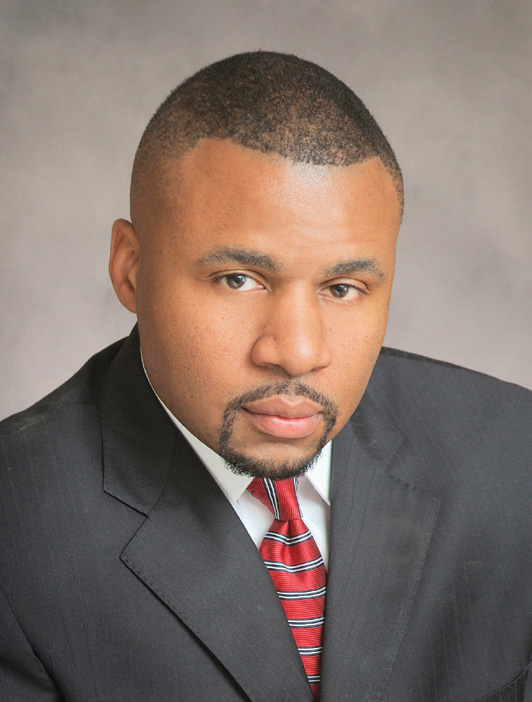Racism in Philanthropy: Effective Practices for Grantmakers
In April 2017, Schott convened thought leaders to begin a dialogue challenging philanthropies to examine themselves as they encourage communities and organizations to achieve racial equity. Foundation staff and board members are overwhelmingly white, and the origins of philanthropy in the United States involve wealth creation at the expense of and to the detriment of people of color. In addition, internal practices at foundations often perpetuate inequities. This hour-long webinar offer insights and recommendation about how foundations can be more intentional and honest as they seek systemic change with regard to race, ethnicity and class in the communities they fund.

